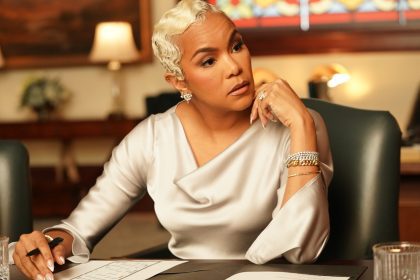 Popular and beautiful actress, Catherine Zeta-Jones, recently checked herself into a mental health facility for treatment of bipolar disorder. The T-Mobile spokesperson cited her extreme challenges over the last year as a catalyst to aggravating her condition. Her husband, actor Michael Douglas, was treated for throat cancer during that period.
Popular and beautiful actress, Catherine Zeta-Jones, recently checked herself into a mental health facility for treatment of bipolar disorder. The T-Mobile spokesperson cited her extreme challenges over the last year as a catalyst to aggravating her condition. Her husband, actor Michael Douglas, was treated for throat cancer during that period.
Zeta-Jones’ fans as well as many in Hollywood are likely shocked that she deals with mental health problems, as she doesn’t “look the part.” So, one can only imagine the bravery it took to go public with the information. She now stands to deal with the stigma attached to something she neither has control over nor should be embarrassed by (although mental health treatment is more accepted in some communities) but rather decided to do something about. That crippling stigma exists even more in the black community.
Mental illness doesn’t discriminate, but, whether based on lack of means or fear, many African Americans have ignored and hidden signs and symptoms that are associated with mental health problems. In our community, it’s simply not cool to be black and “crazy,” as some people call it. But the truth is that some of us are in need of help. However, as a race, we’re more prone to self-medicating and relying on religion to cope with what should be properly diagnosed and treated by a professional. We must take our heads out of the sand and do whatever it takes to move toward health wholeness.
Here are signs and symptoms of bipolar disorder:
The primary symptoms of bipolar disorder are dramatic and unpredictable mood swings.
Mania Symptoms
Mania symptoms may include excessive happiness, excitement, irritability, restlessness, increased energy, less need for sleep, racing thoughts, high sex drive, and a tendency to make grand and unattainable plans.
Depression Symptoms
Depression symptoms may include sadness, anxiety, irritability, loss of energy, uncontrollable crying, change in appetite causing weight loss or gain, increased need for sleep, difficulty making decisions, and thoughts of death or suicide.
For more information on various the various types of mental health disorders, visit here. If you suspect that you or someone you know needs help, please contact a health professional immediately.
















